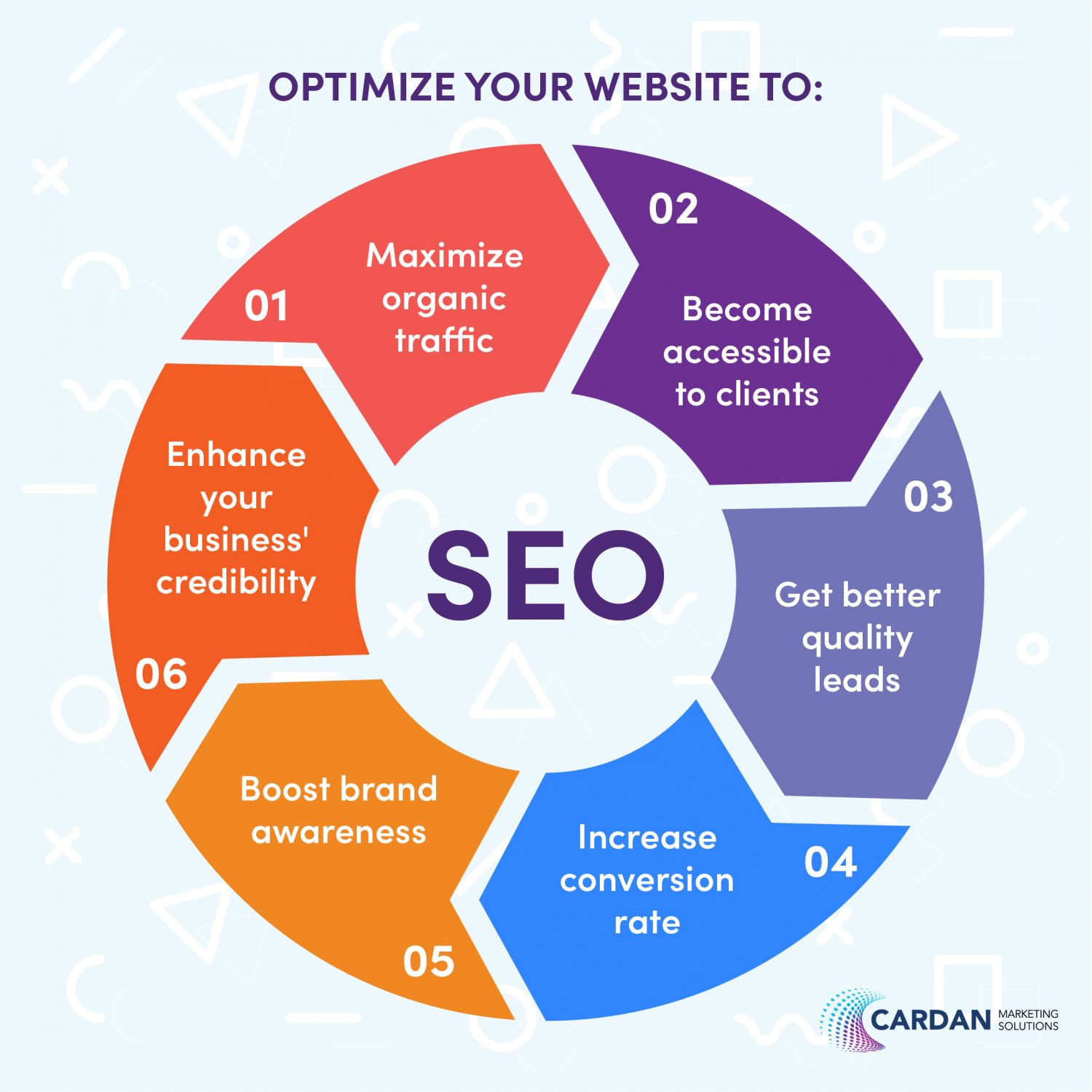By now, you’ve surely heard about SEO campaigns. Even if you don’t have your own website (which by the way, you should) you’ve likely heard of search engine optimization from a user’s perspective. However, an SEO campaign can be a very complicated subject even to those who are familiar with the basics. I would even go as far as to say that 90 percent of companies who currently have an SEO campaign in place are not 100 percent of how the process works.
Here is more in-depth information about how SEO can help your business.
Here are some of the most common questions and misconceptions about SEO campaigns:
1. How long will it take to rank a specific keyword?
This is one of the most common questions clients have. My answer is there is no way to know. Here is why:
SEO is a very dynamic process and very reactive to the SEO specialist’s actions. Think of it this way. The search engine’s job is to handle vast amounts of ever-changing information. With algorithms, it sorts through and reviews all the content on the web and feed it to the appropriate channels. When users type a search enquiry, search engines (we will use Google) tries to pair the user with the best available information matching their search. There are over 200 factors that influence how Google matches users with relevant information. Some of them in no particular order are:
- Keyword relevancy and density
- Optimized Content
- Website age
- URL authority
- Links
- User experience
- Page speed
- Optimized mobile view
- Location
- Website security (spam)
Your website is just one source of information among a virtually infinite number of other sources on the world wide web. Your SEO campaign acts as a liaison between your website and Google. By optimizing your website, it lets the search engine know your website has relevant and credible information matching a query. By applying a wide variety of proven on-page and off-page optimization techniques, your website can improve its rapport with search engines. When your website proves itself to be a reliable and safe source of relevant information, your rankings can start to climb.
Although most SEO strategies used in your campaign will be effective, there is no guarantee that any each step of the process will result in a specific action. SEO is a very subjective process where you are basically trying to improve the search engine’s perception of your website. So, there is no conclusive answer to how long it will take to rank for a specific keyword.
2. Is it worth it to optimize for certain terms if they are too competitive?
Yes, it is. If the key-phrase is essential for your prospects to find your business offerings, then it is definitely worth it to optimize for it. Regardless of how fierce the competition is for that term you still have a chance of receiving great quality traffic (if not a lot) even on pages 2 or 3.
3. Will my paid ads influence or impact my organic rankings?
No. Your paid ads are part of your search engine marketing (SEM) campaign and have no impact on your organic rankings. Although your ads will show in the same search engine results (top of the page) they do not need to meet any of the same criteria to show. With text ads, you pay to show your pages there. Your SEO campaign will only influence organic search results, which are not paid. They are indexed based on the algorithm mentioned above to ensure the most relevant results.
4. Is it worth it to do both SEO and SEM for some keywords?
Yes. As you’ve seen, your pages will not acquire decent organic rankings overnight. For some keywords, it might take as long as a year to get any decent rankings. An SEM campaign is an effective short-term tool that can bring you immediate traffic while your organic rankings grow.
5. Do I still need to optimize for terms I rank number 1 in?
Yes. The search engine optimization process does not end when your pages are ranking in the first spot of the first page. In fact, that is when you probably need to step up your game more to maintain your page 1 rankings.
The website optimization techniques your SEO consultant is using are not secret or unique knowledge in any way. Your competitors, especially those who have been misplaced by your pages are using similar SEO tactics. The more highly competitive terms and those with a lot of searches are at higher risk of dropping in rankings if you slow your SEO campaign.
Why implement an SEO campaign?
Are you wondering why even bother to search engine optimize your website? Perhaps a long term pay-per-click campaign can help you achieve the same results without so much work. Here are some reasons why getting your website on search engines can help you further your brand. Web page optimization helps you:
- Maximize organic traffic
- Become accessible to clients
- Get better quality leads
- Increase conversion rate
- Boost brand awareness
- Enhance your business’ credibility
If you are unsure whether an SEO or a PPC campaign is right for you, contact an expert to discuss your specific case.

